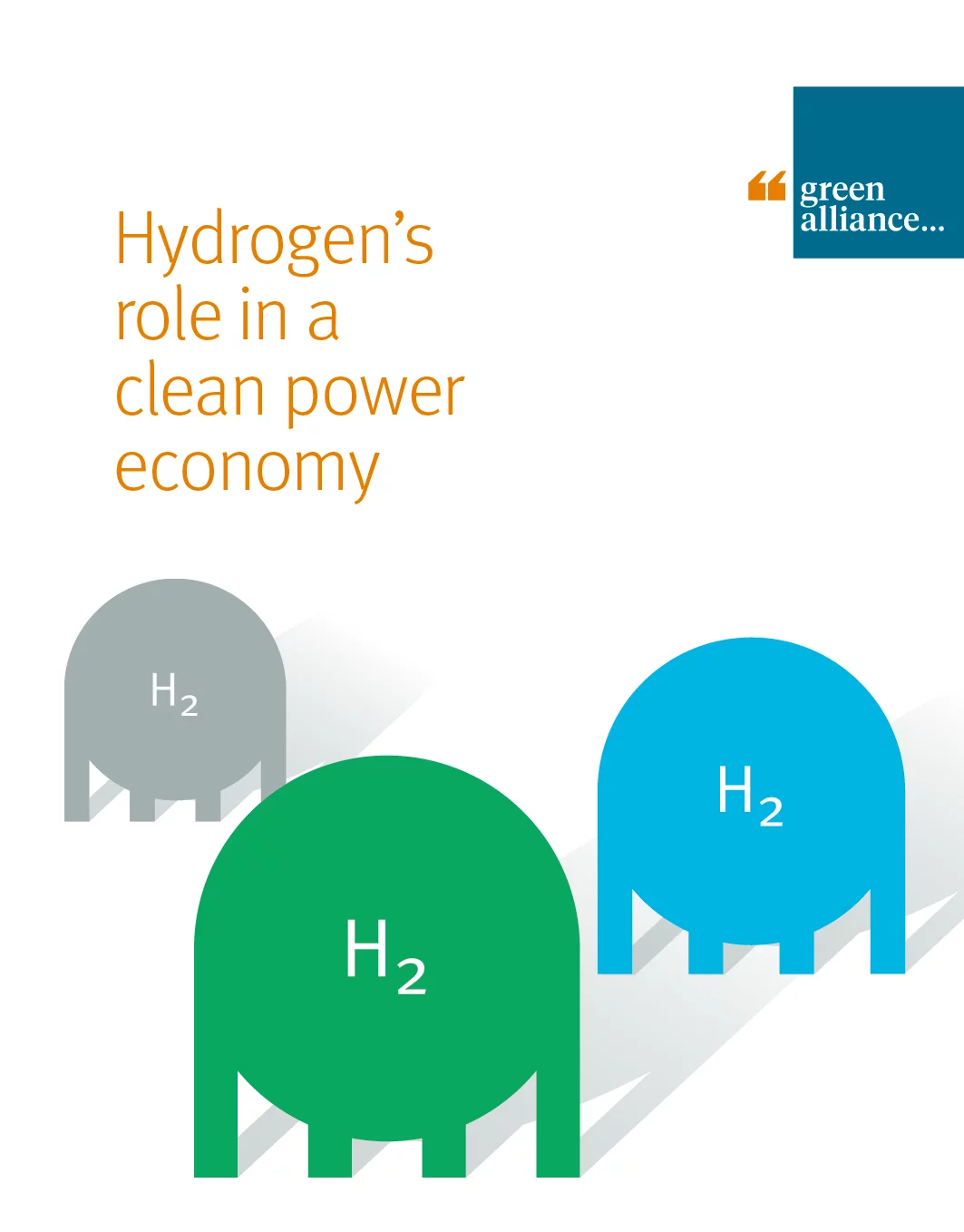
Date:
Summary
Carbon capture and storage should be an essential component of the UK’s decarbonised power sector in 2030, but successive delays in demonstration programme risk undermining our strategy to meet both carbon budgets and get new gas power plants built in the short term.
The implications of delayed CCS for energy policy are striking. Delaying demonstration to 2020 while building unabated gas plants could mean power sector emissions nearly 80 per cent higher than limits suggested by the Committee on Climate Change. To bring emissions back down, we might need to build an additional 8-13 GW of offshore wind by 2030, since this is the technology that can be deployed most rapidly to make up the low carbon supply gap.
Without a credible plan for CCS, wise investors won’t fund new fossil power plants, which risk being forced to retire early as we meet our carbon targets. But the report is not a recipe for doom: we do have a second chance for CCS in the UK. Making the most of this chance means pursuing an active industrial strategy.
This strategy can reduce the time between demonstration and deployment, and increase deployment once CCS has been demonstrated. It is the only way the UK can retain CCS as an important and potentially cost effective option for decarbonisation.
Dustin Benton
978-1-905869-56-5

